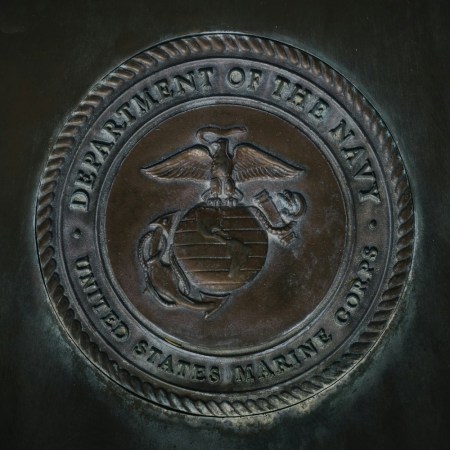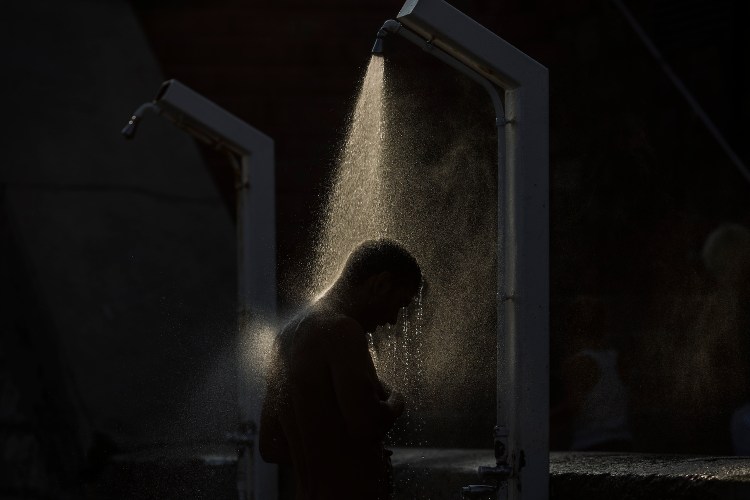Location, location, location.
For dinosaurs, the asteroid that slammed into Earth and led to their extinction could not have hit a worst place on the planet, according to a new BBC Two documentary, The Day the Dinosaurs Died.”
Recovered rocks from under the Gulf of Mexico showcase the details of the cataclysmic event, which struck the shallow waters 66 million years ago — and scientists say that the “great irony” comes in the asteroid’s point of contact with Earth.
“This is where we get to the great irony of the story – because in the end it wasn’t the size of the asteroid, the scale of blast, or even its global reach that made dinosaurs extinct – it was where the impact happened,” said evolutionary biologist Ben Garrod, who spent time on the scientist’s drill rig that’s stationed off Mexico’s Yucatan Peninsula.
“Had the asteroid struck a few moments earlier or later, rather than hitting shallow coastal waters it might have hit deep ocean…an impact in the nearby Atlantic or Pacific oceans would have meant much less vaporized rock – including the deadly gypsum.
“The cloud would have been less dense and sunlight could still have reached the planet’s surface, meaning what happened next might have been avoided,” Garrod added. “In this cold, dark world food ran out of the oceans within a week and shortly after on land. With nothing to eat anywhere on the planet, the mighty dinosaurs stood little chance of survival.”
The Day The Dinosaurs Died aired last night on BBC Two, and will be available to watch on BBC iPlayer. Check out the trailer for the documentary below.
This article appeared in an InsideHook newsletter. Sign up for free to get more on travel, wellness, style, drinking, and culture.
























